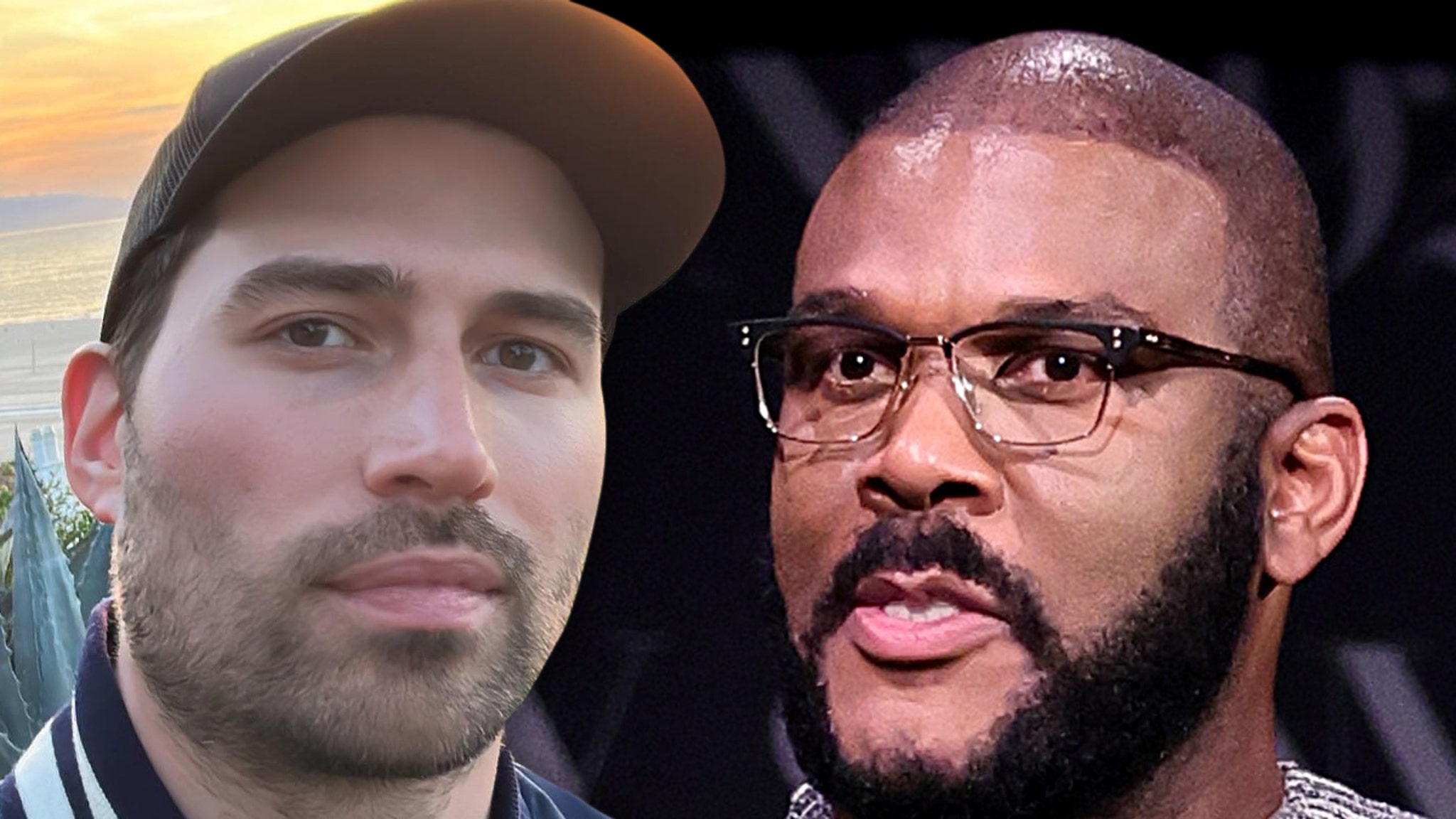Tyler Perry Sexual Assault and Harassment Accuser Speaks Out in New Interview: ‘I Couldn’t Stay Silent Anymore’
Los Angeles, CA – September 9, 2025 – Actor Derek Dixon has once again broken his silence on the explosive $260 million lawsuit he filed against Hollywood mogul Tyler Perry, alleging sexual harassment, assault, and retaliation. In a candid new interview with TMZ published today, Dixon detailed the emotional toll of coming forward, emphasizing his decision to speak publicly despite the backlash. The revelations come three months after the suit was filed in June, reigniting discussions about accountability in the entertainment industry amid the #MeToo movement’s ongoing evolution. As Perry’s legal team dismisses the claims as a “scam,” Dixon’s latest statements add fuel to a case that could reshape perceptions of power dynamics in Hollywood.
Key Details from Dixon’s Interview and the Lawsuit
Dixon, known for roles in Perry’s productions like Ruthless and The Oval, first went public in July, but his September TMZ sit-down provides fresh insights into his motivations. “I couldn’t stay silent anymore,” Dixon told TMZ’s Harvey Levin, describing how the alleged incidents during his time working for Perry Studios left him feeling violated and professionally sidelined. He recounted specific claims from the lawsuit, including quid pro quo harassment where Perry allegedly promised career advancement in exchange for compliance, escalating to physical assault. Dixon also addressed the retaliation aspect, claiming he was blackballed from opportunities after rebuffing advances.
The lawsuit, filed on June 13 in Los Angeles Superior Court, seeks $260 million in damages for emotional distress, lost wages, and punitive measures. Perry’s attorney, Martin Singer, has vehemently denied the allegations, stating in a July response: “This is nothing more than a scam by an opportunist seeking a quick payout.” As of now, no court date has been set, but the case is proceeding through discovery, with both sides preparing for potential depositions.
Background Context: From Rising Star to Public Accuser
Dixon’s journey in Hollywood began promisingly, landing roles in Perry’s hit shows after years of smaller parts. Perry, the billionaire filmmaker behind franchises like Madea and owner of Tyler Perry Studios in Atlanta, has built an empire on stories of empowerment, particularly for Black communities. However, this isn’t the first controversy for Perry; past whispers of workplace issues have surfaced, though none escalated to lawsuits of this magnitude until now.
The timing aligns with broader industry reckonings. Since the #MeToo surge in 2017, high-profile cases like those against Harvey Weinstein and Kevin Spacey have emboldened accusers, but convictions remain rare. Dixon’s suit echoes these, focusing on power imbalances in creative environments. “It’s about holding people accountable, no matter how powerful,” Dixon said in July, a sentiment he reiterated today.
Potential Impact and Next Steps: A Test for Hollywood Accountability
Dixon’s renewed voice could galvanize support for victims in the industry, especially as social media amplifies his story. Hashtags like #StandWithDerek and #TylerPerryLawsuit trended on X following the TMZ release, with mixed reactions – some praising his bravery, others questioning motives. Legal experts suggest the case could lead to a settlement, given Perry’s reputation stakes, but if it goes to trial, it might expose broader studio practices.
Next steps include a preliminary hearing in October, where motions to dismiss could be filed. Dixon’s team has hinted at more evidence, including witness testimonies, while Perry’s camp vows a vigorous defense. Advocacy groups like Time’s Up have offered support, signaling this could spark wider conversations on harassment in Black Hollywood.
In conclusion, Derek Dixon’s latest interview thrusts the Tyler Perry lawsuit back into the spotlight, reminding us that the fight for justice in entertainment is far from over. Whether this leads to systemic change or remains a personal battle, it underscores a key takeaway: Speaking out, even against giants, can ignite necessary dialogue – and perhaps, accountability. For updates, follow ongoing coverage as the case unfolds.
